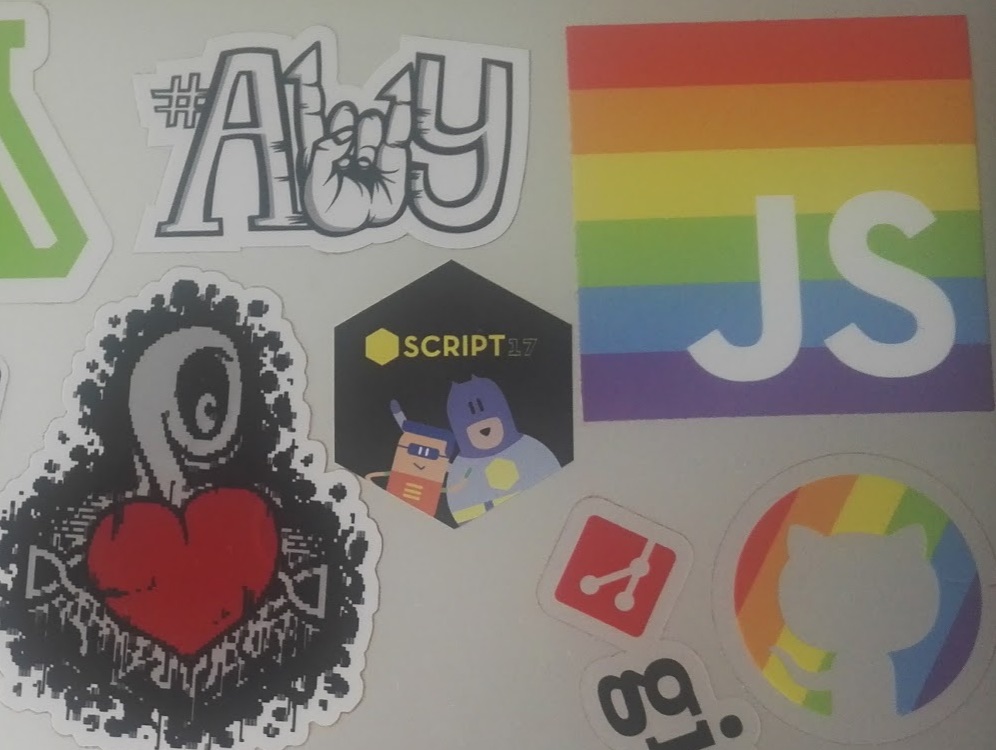JavaScript is not the enemy – my talk at Halfstackconf
Tuesday, February 28th, 2017In November last year I got asked to give a talk about the state of the JavaScript community at Halfstackconf in London. Now you can watch the recording the talk at opbeat.
I really enjoyed giving this talk as I think we’re taking ourselves far too serious and we overestimate the importance of the languages that we use. Instead of building a high pressure environment of blind innovation we should be more like the language we use. JavaScript is a mess, but it was a very accessible mess in terms of getting people to start working with it. PHP has the same issues and as much as we can joke about its inconsistencies, it powers easily half the web servers we use. JavaScript has a lot of nuances and use cases and each of them come with different best practices. They also come with different experiences and sometimes learning means doing things wrong first and understanding that what you did was wrong later.
There is too much dogma in our little world. The people who love JavaScript tend to overarchitect solutions or create very strict syntax rules. This can frustrate people who think differently and cause lots of unnecessary discussion. Even worse, it can discourage people who want to start using JavaScript as they are overwhelmed by these demands. People who don’t like JavaScript have a tendency to either dismiss it as not professional or as a problem for end users as any mistake of the developer would result in a non-working interface. All of these people have the right to their ideas and are technically correct. But that doesn’t help us as a community.
There is an overuse of JavaScript right now. Far too many products rely on it and far too many developers use a lot of libraries and modules to create pretty simple interfaces. We need to own the use of JavaScript and we need to understand that people of all knowledge levels and with vastly varying approaches are using the language now. This is not a time for dogma, this is a time for education by helping people reach their goals quickly. I’d love to see JavaScript be the language that makes people enjoy creating and learning a new skill. Not a battleground of hardened principles and wishful thinking of what the language should be. We need more diversity and we can get it by making what we do accessible to people of all kinds of backgrounds. Nobody should be feeling stupid for trying to use JavaScript. It isn’t rocket science.
